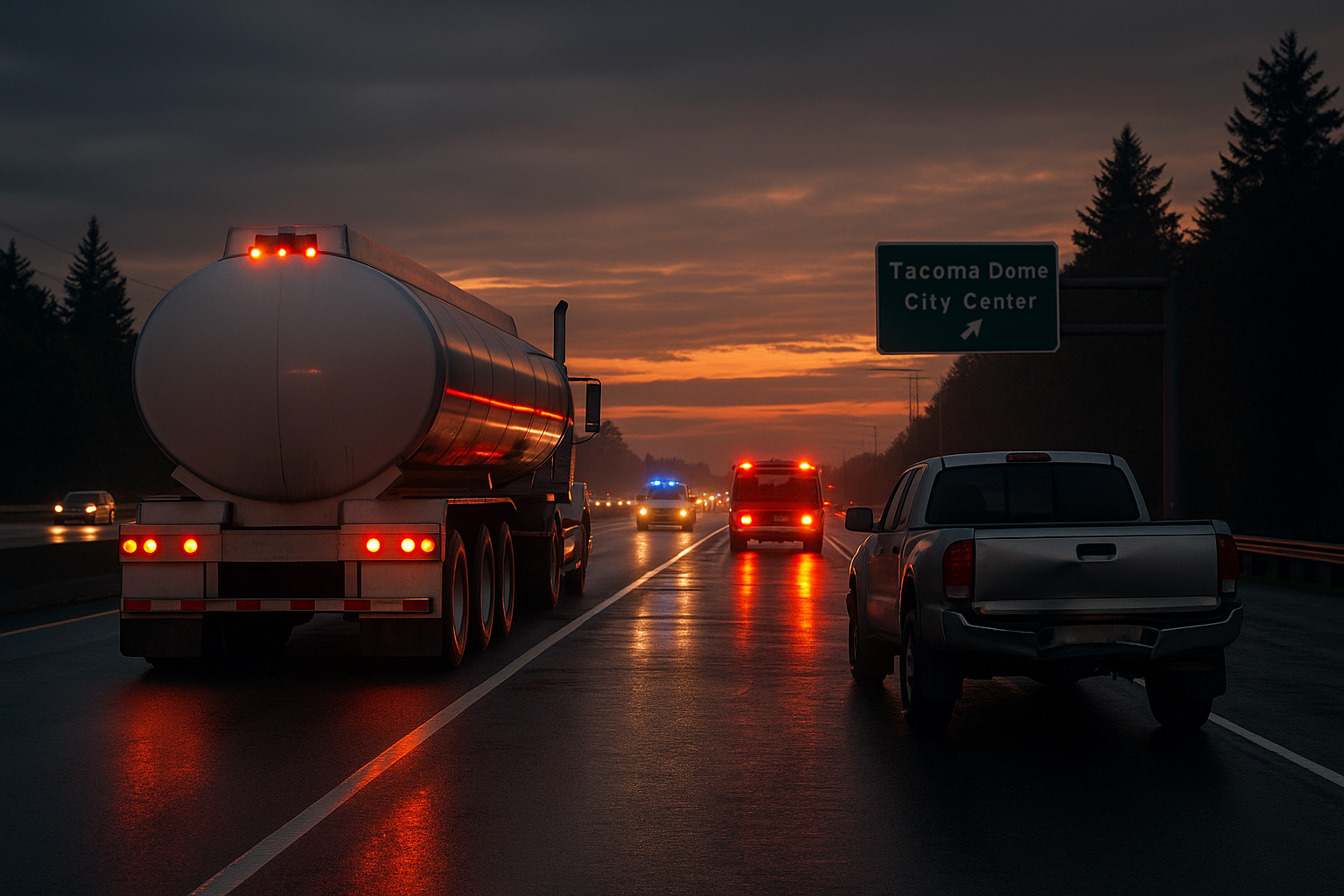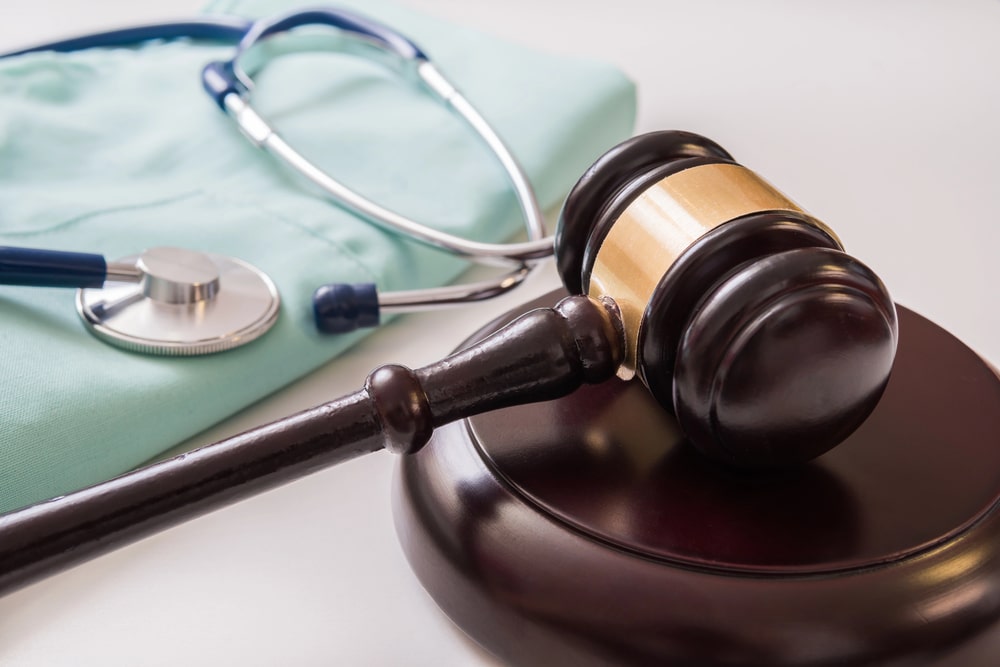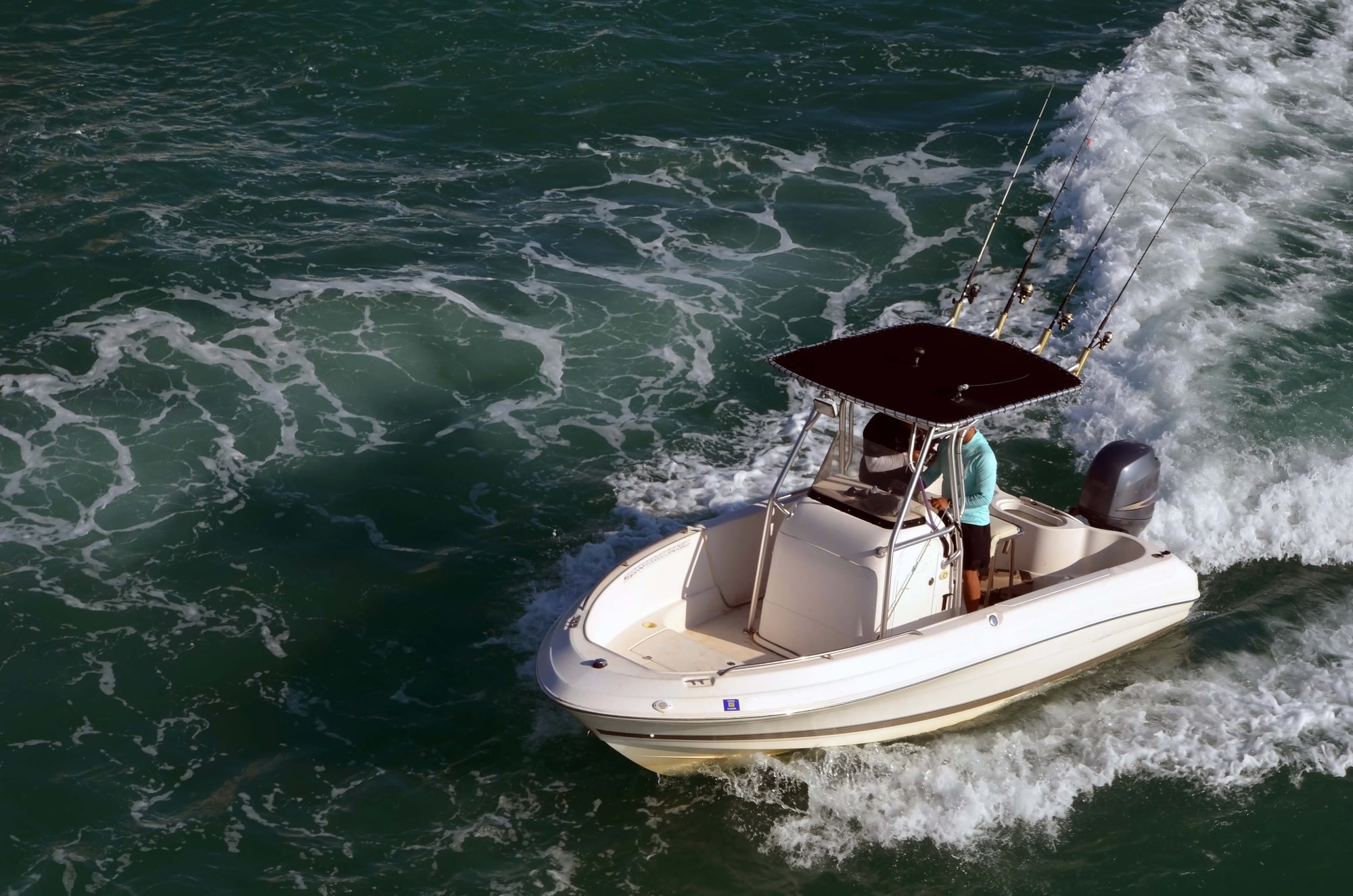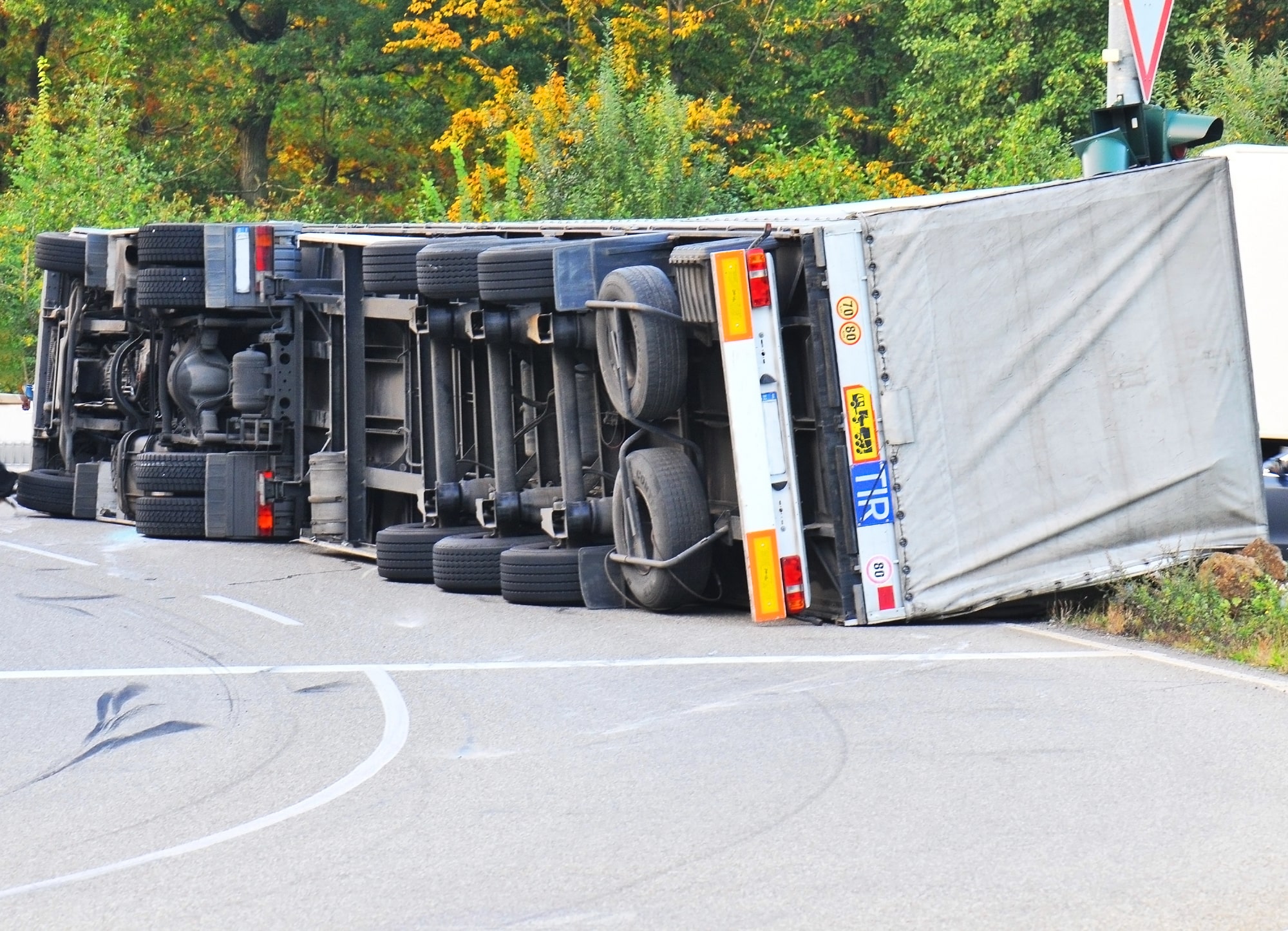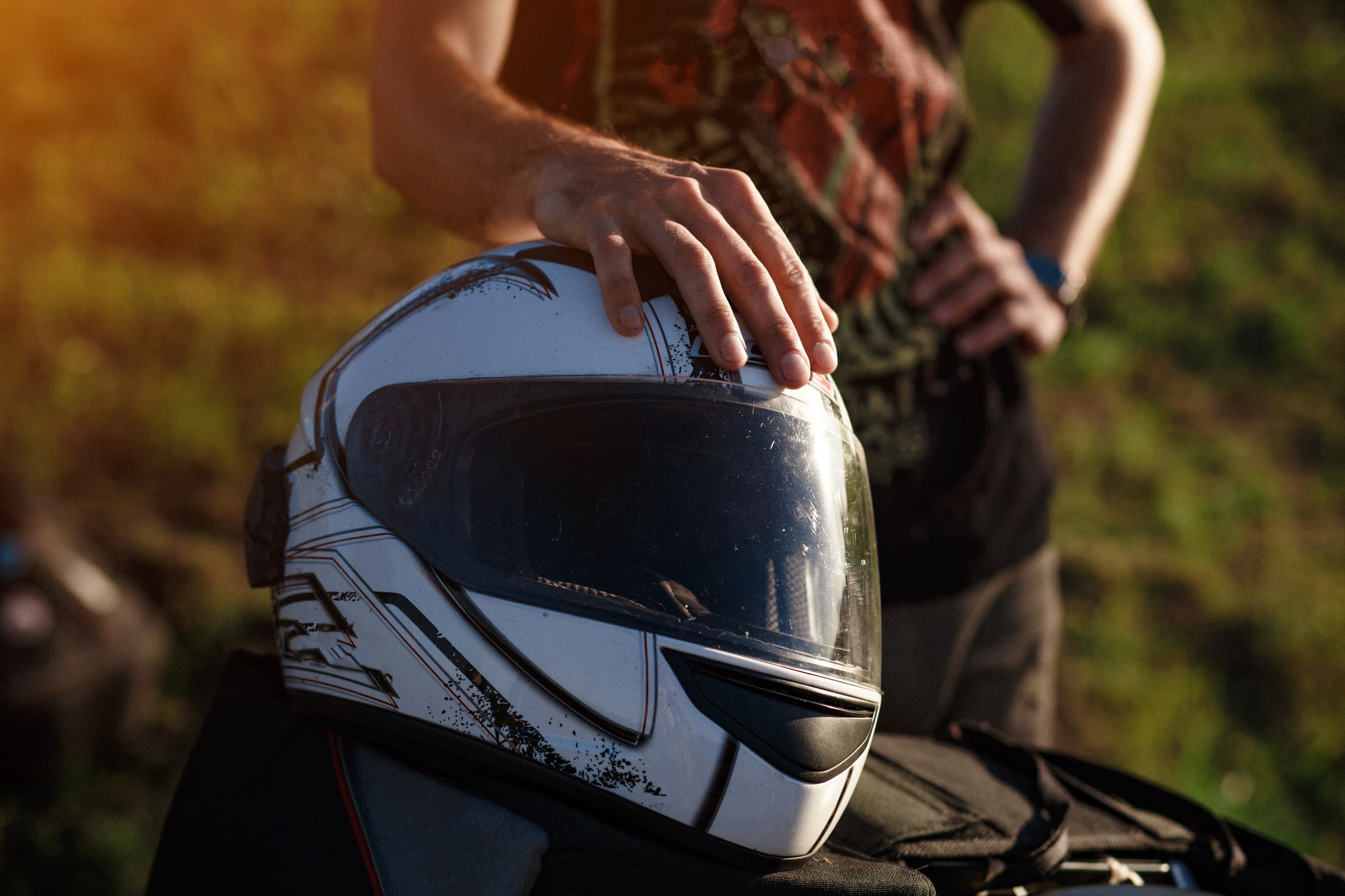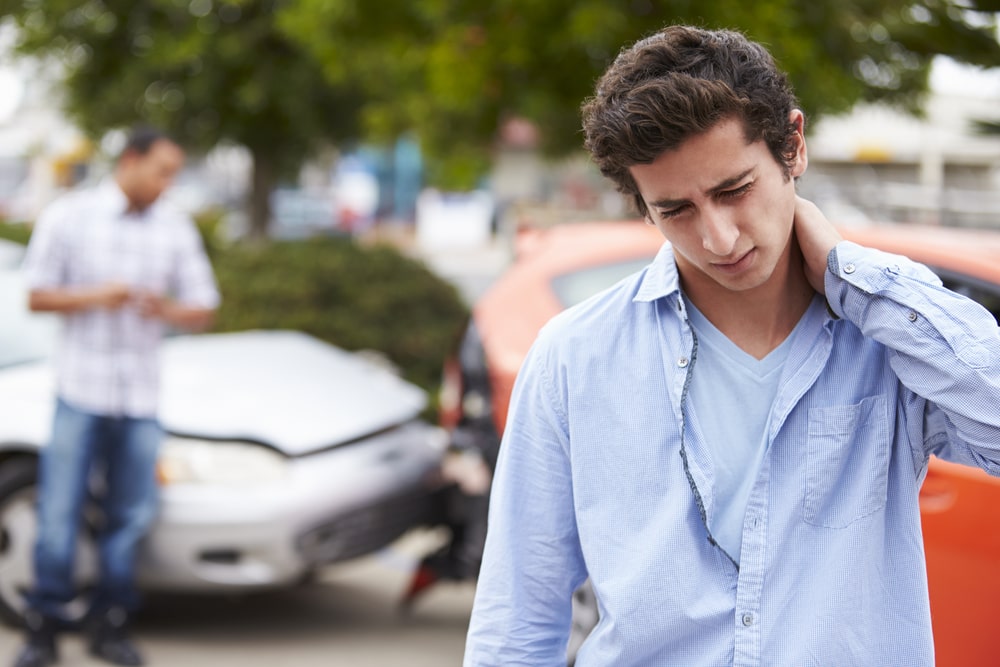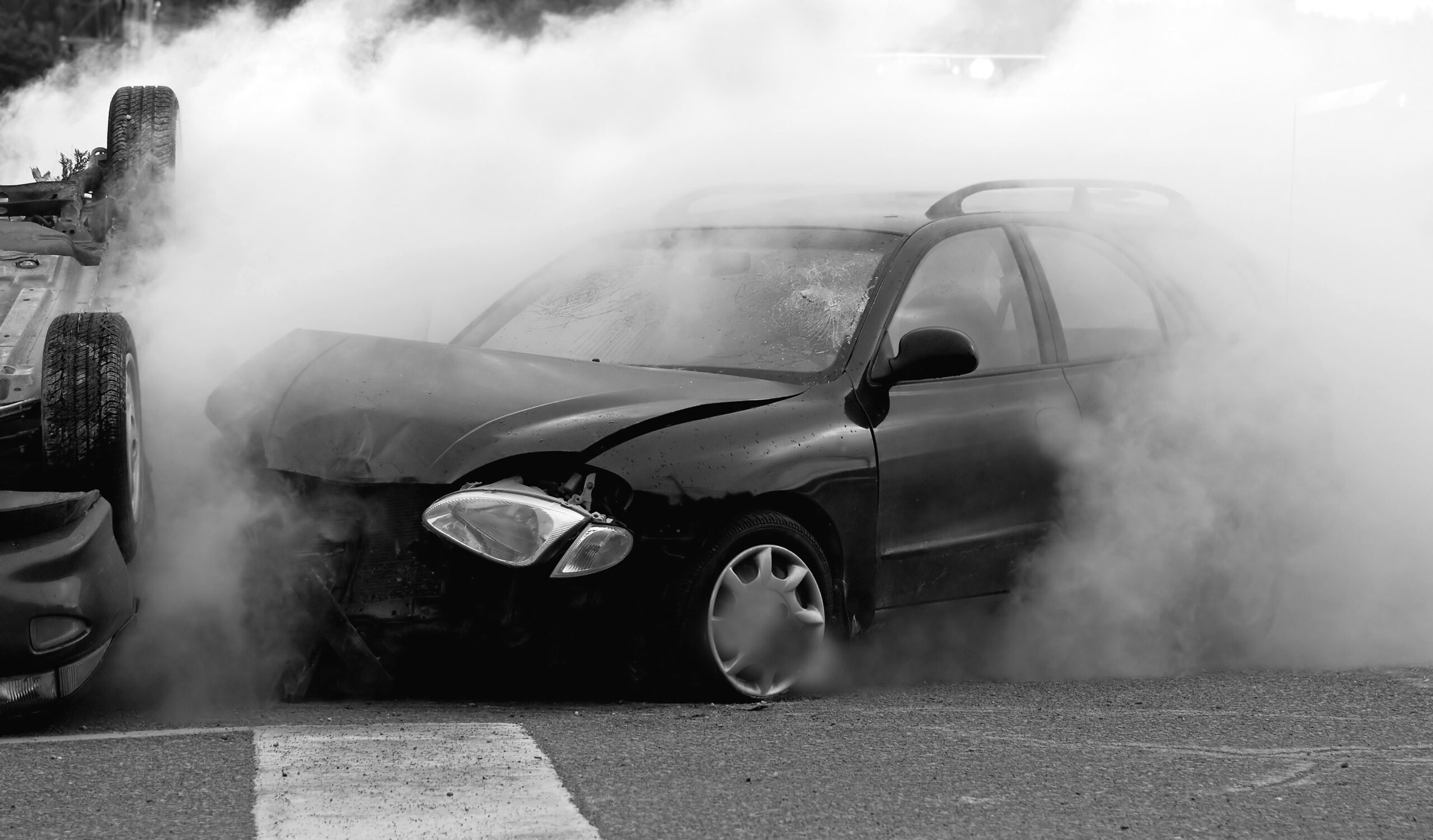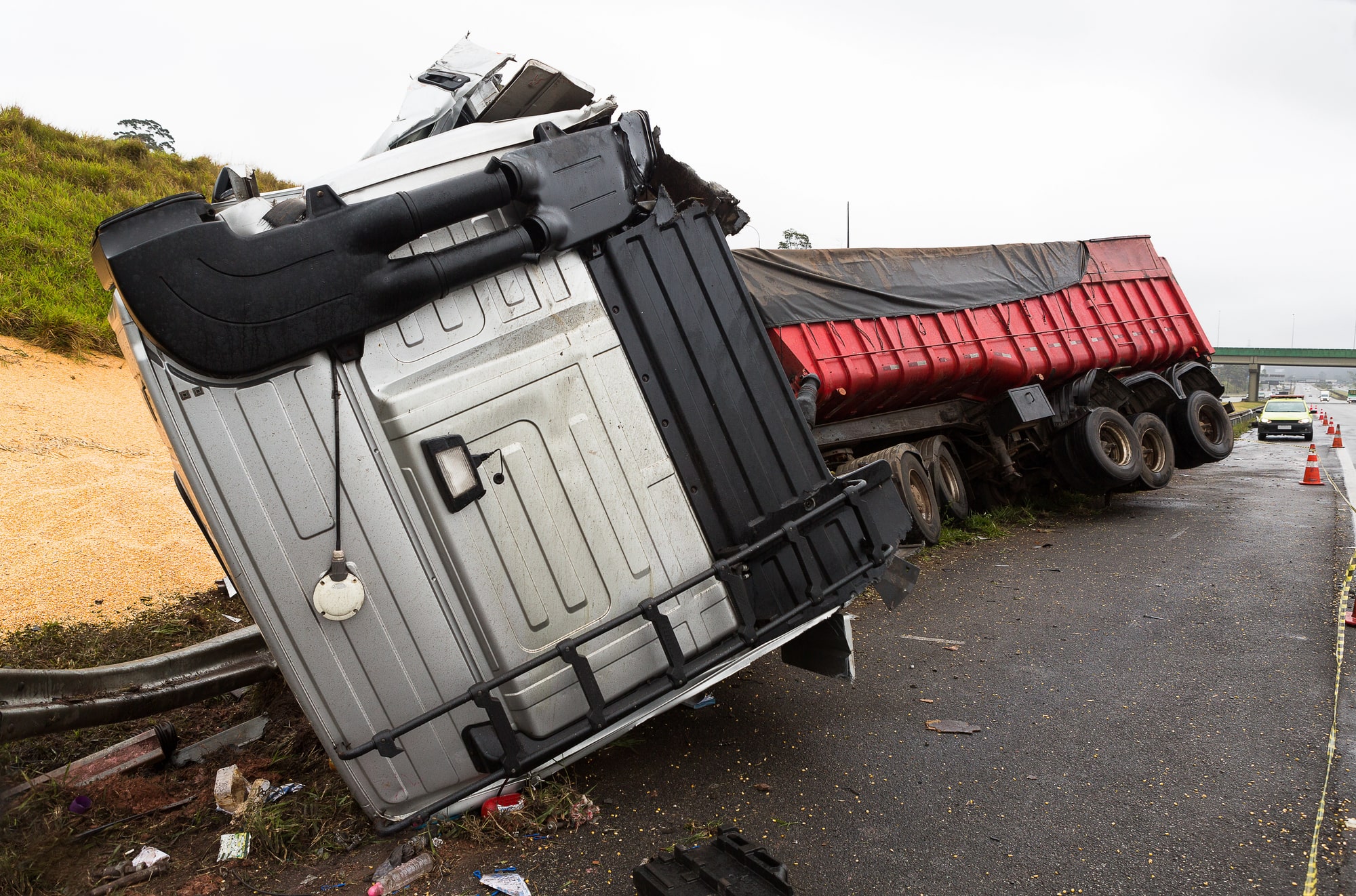Work‑zone accidents are not just random mishaps; they often stem from specific conditions. Drivers may ignore or miss warning signs, speed through reduced‑limit areas, follow too closely, or allow distractions like phones or radios to divert their attention. Construction zones frequently involve narrowed lanes, shifting traffic patterns and heavy equipment, which leave little margin for error. At highway speeds, even a minor miscalculation can lead to a serious collision. In the Salt Lake City crash, the SUV and loader were both operating within a coned‑off area, illustrating how a momentary oversight can have devastating consequences. Injuries in these scenarios can range from whiplash and broken bones to life‑threatening head and spinal trauma. When fatalities occur, families also face the emotional and financial burdens of funeral expenses and lost income. Utah law increases penalties for drivers who commit traffic offenses in construction zones when workers are present and signs are posted. Fines for speeding or other violations are typically doubled in work zones, and drivers are expected to pay close attention to signage, slow down, leave extra space between their vehicle and construction equipment and obey any flaggers directing traffic. The most common crash in a work zone is a rear‑end collision, often the result of tailgating or inattentiveness. A few simple steps—expecting the unexpected, staying alert and minimizing distractions—can significantly reduce the risk of a crash. Utah follows a modified comparative negligence model. An injured person may recover damages as long as they are not more than 50 percent at fault; if their degree of fault exceeds 50 percent, they are barred from recovery. When the plaintiff’s fault is 50 percent or less, their compensation is reduced by their percentage of fault. These rules apply to wrongful‑death claims brought by surviving family members as well. Utah is also a no‑fault auto insurance state, meaning drivers initially turn to their own personal injury protection (PIP) benefits for medical bills and lost wages. To file a lawsuit against an at‑fault driver or other entity—such as a construction contractor or equipment operator—injuries must meet a “serious injury” threshold or exceed PIP coverage limits. Navigating these rules can be complicated, particularly when multiple parties (drivers, contractors, government agencies) may share liability. Additionally, the statute of limitations in Utah generally gives injured people four years from the date of the crash to file a personal injury lawsuit, and two years for wrongful‑death claims. While that might seem like plenty of time, critical evidence can disappear quickly. Seeking legal guidance early helps ensure that accident reports, witness statements, and other evidence are preserved. If you are involved in a work‑zone collision, you should first focus on safety. Move your vehicle out of traffic if possible, turn on hazard lights, and call 911 to summon police and medical help. Document the scene by taking photographs of vehicle damage, road conditions, signage, and construction equipment; these details can be pivotal in determining liability. Obtain contact information from witnesses and write down everything you remember about the moments leading up to the crash. Even if injuries appear minor, seek a medical evaluation and follow up with your doctor; some conditions may not manifest immediately. Notify your insurance company promptly, but avoid giving recorded statements or signing any settlement without talking to an attorney. Strong Law Accident & Injury Attorneys has an office in Midvale and serves clients throughout the Salt Lake Valley and Wasatch Front, including Salt Lake City, Midvale, West Valley City, West Jordan, Sandy, Orem and Provo. Our experienced team understands the complexities of Utah’s work‑zone laws and the challenges of pursuing claims involving government agencies and contractors. Visit our Salt Lake City car accident lawyer page to learn more about how we can help after a serious crash, or reach out through our contact page to schedule a free consultation. Our hearts go out to the family of the 19-yearold driver and everyone affected by this tragic work‑zone crash. Losing a loved one so suddenly is devastating, and we hope the investigation leads to improvements that make construction zones safer for everyone. If you or someone you love has been injured in a similar incident in Salt Lake City, Midvale or Provo, Strong Law’s Utah team is ready to answer your questions, explain your rights, and fight for the compensation you deserve. Schedule a free consultation today to discuss your legal options.Utah’s Work‑Zone Laws and Penalties
Legal Options After a Construction‑Zone Crash in Salt Lake City
Steps to Take After a Work‑Zone Crash
Local & Legal Connection
Compassionate Conclusion & Call to Action
Category: Uncategorized
I-5 Collision Near Tacoma Dome Highlights Freeway Crash Risks and Legal Rights
On October 14, 2025, a pickup truck became lodged underneath a tanker truck on southbound I-5 near the Tacoma Dome, causing significant traffic backups during the morning com
According to KIRO 7 News, a black sedan made an unsafe lane change and struck a pickup truck, which then rotated into a semi trailer hauling an empty tanker. Only minor injuries were reported.
According to WSDOT, the collision occurred around 6:30 a.m., blocking the three right lanes. Because the incident involved an empty tanker truck, crews took extra precautions to prevent any spill of residual contents, leading to extended lane closures. The crash was fully cleared around 9 a.m., but drivers were advised to expect backups through Fife and Tacoma as traffic recovered.
Why Freeway Crashes Happen & Their Dangers
Freeway collisions like this often stem from:
- Tailgating or following too closely. At high speeds, a minor miscalculation leaves little room to react.
- Unsafe lane changes and blind spots. Merging mistakes can send vehicles into adjacent lanes and into large trucks.
- Mechanical failures. Brake issues, tire blowouts, or unsecure loads can turn routine travel into disaster.
- Poor weather or road conditions. Wet pavement, ice, or debris can cause skids and spins.
Crashes involving commercial vehicles, tankers, or semi‑trucks pose unique risks. The sheer weight difference means even low‑speed impacts can cause severe injuries like whiplash, spinal trauma, or internal damage. When hazardous materials are involved, responders must also prevent spills and contamination.
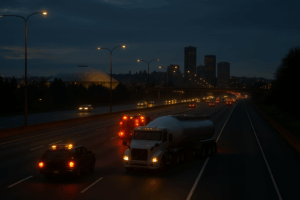
Legal Options After a Freeway Collision in Tacoma
If you’re hurt or your vehicle is damaged in an I‑5 crash near Tacoma, you have rights under Washington law. Key considerations include:
- Proving negligence. You must show that another driver breached a duty of care—such as by following too closely or making an unsafe lane change—and that this negligence caused your injuries.
- Comparative fault rules. Washington uses a comparative fault system. Even if you share some blame, you can still recover damages, though your award is reduced by your percentage of fault.
- Insurance coverage. Commercial vehicles often carry higher liability limits. Your own uninsured/underinsured motorist coverage may apply if the at‑fault driver’s insurance is insufficient.
- Statute of limitations. You generally have three years from the date of the collision to file a personal injury lawsuit. It’s wise to consult an attorney well before the deadline.
What to Do After a Crash on I‑5
In the aftermath of a collision:
- Make sure you and your passengers are safe. Move to the shoulder if possible and turn on hazard lights.
- Call 911 and report injuries or significant damage.
- Document the scene. Take photos of vehicle damage, skid marks, traffic conditions, and any signage.
- Collect witness information. Names and phone numbers can be crucial later.
- Seek medical attention immediately—even if you feel fine. Injuries such as concussions or internal bleeding may not be apparent right away.
- Notify your insurance company but consider speaking with an attorney before giving recorded statements.
Local & Legal Connection
Strong Law Accident & Injury Attorneys proudly serves clients in Tacoma and throughout Pierce County. Our Tacoma car accident lawyers understand the complexities of freeway collisions and the insurance and liability issues that follow. We’re located right here in Washington and offer compassionate, knowledgeable representation to help you navigate your claim. You can also reach us via our contact us page.
Compassion & Next Steps
We extend our heartfelt concerns to everyone affected by the recent I‑5 collision near the Tacoma Dome. Even when no catastrophic injuries occur, these events are frightening and disruptive. If you or a loved one was injured in a similar accident, don’t navigate the legal process alone. Our Tacoma team is ready to review your case, explain your options, and advocate for fair compensation. Schedule a free consultation today.
Key Evidence In Personal Injury Claims
When someone is injured due to another person’s negligence, proving the case depends on strong and reliable evidence, and our Tacoma, WA personal injury lawyer is here to help you collect the evidence that you need to build a strong case. Collecting the right materials early can make a significant difference in how a claim is resolved. Below, we highlight key types of evidence that often play a central role in personal injury matters.
Our attorneys have assisted clients with over 2,000 cases, recovering millions of dollars in compensation. To discuss your specific case with our team, contact Strong Law Accident & Injury Attorneys today.
Medical Records
Medical documentation is one of the most important forms of evidence. Records show the nature of the injuries, the treatment received, and the costs involved. They also create a timeline that connects the injury directly to the incident. It is important to seek treatment after an injury, even if you think that you are fine. Some injuries, such as internal injuries and brain injuries, may not be immediately apparent. Prompt treatment protects your health and creates a record of your injuries. Consistent follow-up visits, prescriptions, and physical therapy notes also help demonstrate the extent of the harm.
Accident Reports
Police or incident reports provide an official account of what happened. These reports may include details such as the time, location, parties involved, and preliminary findings about fault. They often contain statements from officers or witnesses, which can add credibility to a claim. Having a copy of this report can be crucial in both negotiations and court.
Witness Statements
Testimony from people who saw the incident can confirm how events unfolded. Witnesses may notice details that the injured person missed in the moment. Gathering these statements as soon as possible is beneficial, since memories fade over time. Written or recorded statements can provide independent support for a claim. Be sure to collect the contact information of witnesses at the scene in order to collect statements later.
Photographs And Videos
Visual evidence is highly persuasive. Photos of the accident scene, vehicle damage, or hazardous conditions can help paint a clear picture of what occurred. Videos from surveillance cameras, dashcams, or even bystanders can show the sequence of events in real time. This type of evidence often helps resolve disputes about how the incident happened.
Employment And Income Records
If an injury causes someone to miss work, employment records and pay stubs help show the financial impact. These records can be used to calculate lost wages and, in some cases, reduced future earning capacity. This evidence is important for demonstrating how the injury has affected daily life beyond medical costs.
Professional Testimony
In some cases, professional opinions strengthen a claim. Medical professionals may explain the severity of injuries and long-term health effects, while accident reconstruction specialists can provide technical insights about how the incident occurred.
Contact Our Tacoma Personal Injury Lawyer Today
Gathering and organizing evidence is not always easy, but it is essential to a strong claim. If you or a loved one has been injured, working with our personal injury lawyer can help make sure the right materials are collected and presented. Contact Strong Law Accident & Injury Attorneys today to discuss your case and learn how we may assist you in seeking the compensation you deserve.
Common Causes Of Boating Accidents
Boating is a popular way to spend time outdoors, but accidents on the water can cause serious injuries and significant damage. When injuries occur, our Salt Lake City boating accident lawyer is here to help. Many incidents are preventable and often come down to unsafe behaviors or overlooked safety measures. Below are some of the most common causes of boating accidents.
Our attorneys have helped our clients recover millions of dollars in compensation over 2,000 successful cases. To discuss your case with our team, contact Strong Law Accident & Injury Attorneys today.
Operator Inattention
One of the leading causes of boating accidents is when the operator becomes distracted. Looking at a phone, talking to passengers, or focusing too much on other activities can quickly take attention away from the water. Even a few seconds of inattention can result in a collision with another vessel, a person in the water, or an object. If you suffered an injury due to the negligent operation of another person, our attorney may be able to help you pursue compensation.
Speeding
Just like on the road, excessive speed is a major risk factor on the water. High speeds reduce the amount of time an operator has to react and make it difficult to safely handle unexpected conditions such as wakes, obstacles, or sudden changes in weather. Responsible speed control is critical for safety.
Alcohol Use
Operating a boat while under the influence of alcohol is extremely dangerous. Impaired judgment, slowed reaction times, and reduced coordination all contribute to higher accident rates. Alcohol-related boating accidents can lead to severe injuries such as traumatic brain injuries, spinal cord injuries, and, in some cases, fatalities.
Lack of Experience
Boating requires skill and familiarity with how a vessel responds to steering, acceleration, and changing conditions. Inexperienced operators may struggle with docking, handling rough waters, or understanding right-of-way rules. Without proper training, mistakes can happen quickly and put everyone on board at risk.
Equipment Failure
Boats that are not properly maintained can experience mechanical breakdowns while out on the water. Engine trouble, steering issues, or equipment malfunctions can leave operators unable to control the vessel. Regular maintenance and safety checks are essential to reducing the chance of an accident caused by equipment failure. Our team can help you determine the cause of your accident and if you may be able to file a claim against the manufacturer if faulty equipment or machinery caused your accident.
Weather Conditions
Sudden storms, high winds, and poor visibility can turn a pleasant day on the water into a dangerous situation. Operators who do not check forecasts or who fail to react appropriately to changing conditions are more likely to encounter problems. Weather awareness and preparation are key to staying safe.
Contact Our Salt Lake City Boating Accident Lawyer Today
Boating accidents can leave lasting consequences, but understanding their common causes can help reduce risks. When an accident does occur, it’s important to know that legal support is available, and you do not have to pursue recovery alone. At Strong Law Accident & Injury Attorneys, we work with individuals and families who have been affected by boating accidents. If you or a loved one has been injured, contact our team today to schedule a consultation.
Common Injuries Suffered From Truck Accidents
Truck accidents often result in more severe injuries compared to other motor vehicle collisions, and our experienced Tacoma, WA truck accident lawyer is here to help you pursue the compensation that you need as you seek to recover after an accident. The size and weight of commercial trucks increase the likelihood of lasting harm, and many victims require long-term medical care. Below are some of the most common injuries seen after truck accidents.
With over 2,000 successful cases and millions of dollars recovered for our clients, you can trust our attorneys to assist you with your truck accident case. Contact Strong Law Accident & Injury Attorneys today to schedule a consultation.
Head And Brain Injuries
Victims of truck accidents are at high risk of suffering concussions or traumatic brain injuries. Even with airbags and seatbelts, the force of impact can cause the brain to move inside the skull. These injuries may lead to headaches, dizziness, or memory problems, and recovery can take weeks or even years.
Back And Spinal Cord Injuries
The back often absorbs a large amount of force in a collision. Spinal injuries can range from herniated discs to nerve damage, sometimes causing partial or full paralysis. These types of injuries often require surgery or ongoing therapy, and they can affect a person’s ability to work or carry out daily tasks. Our attorney can help you pursue compensation for long-term treatment and care, as well as lost wages if necessary.
Broken Bones
Truck accidents frequently cause fractures. Broken arms, legs, ribs, and pelvises are common due to the force of impact. While some fractures heal with proper medical treatment, others may require multiple surgeries or leave victims with reduced mobility.
Internal Injuries
Blunt force trauma from a crash can damage organs such as the lungs, liver, or spleen. Internal bleeding may not be obvious right away, but it can quickly become life-threatening without immediate medical care. These hidden injuries highlight the importance of seeking a full medical evaluation after a crash in order to fully protect your health. An examination also creates a record of your injuries that is helpful in your case.
Whiplash And Soft Tissue Injuries
Neck and shoulder injuries, such as whiplash, are also very common. Muscles, ligaments, and tendons can be stretched or torn, leading to ongoing pain and limited range of motion. These injuries are often less visible but can still have a major effect on recovery.
Contact Our Tacoma Truck Accident Lawyer Today
Truck accidents can impact nearly every part of a person’s life, from their health to their financial stability. Working with our experienced truck accident lawyer can help victims protect their rights and pursue fair compensation. At Strong Law Accident & Injury Attorneys, we are dedicated to standing by those harmed in serious collisions. If you or a loved one has been injured in a truck accident, reach out to us today to discuss your situation and discover how we may be able to assist you with your case.
Legal Help Following Your Motorcycle Accident
A serious crash involving a motorcycle left one person hospitalized Tuesday night on Interstate 25 near 6th Avenue. Our Denver, CO motorcycle accident lawyer knows the Denver Police Department reported the collision happened around 10:00 p.m. when a vehicle struck a motorcycle and fled the scene without stopping to help. Emergency responders transported the motorcyclist to a local hospital with significant injuries. Authorities have not released the individual’s current condition.
The crash forced the temporary closure of Interstate 25 while crews worked at the scene. The roadway has since reopened, but the investigation into the events leading up to the collision is still ongoing. Police have not yet provided details about the suspect vehicle.
Motorcycle accidents can lead to serious harm, including broken bones, traumatic brain injuries, spinal cord damage, and internal injuries. In some cases, long-term rehabilitation is required. Similarly, victims of truck accidents often face many of the same injuries, but the risk of catastrophic outcomes is even greater due to the size and weight of commercial vehicles. Truck crashes may cause amputations, severe burns, paralysis, or fatal injuries, making recovery difficult and costly for victims and their families.
Officials remind the public that traffic safety requires constant attention. Drivers are urged to obey speed limits, avoid distractions, and never leave the scene of a crash. Choosing safe driving habits is one of the most effective ways to prevent devastating accidents on busy roads like I-25.
Compensation Following Your Motorcycle Accident
Motorcycle accidents often leave riders facing significant challenges. Because motorcycles provide less protection than other vehicles, injuries from these crashes are frequently severe. After an accident, you may be dealing with medical treatment, time away from work, and the stress of paying bills while trying to recover. Compensation can help cover the financial and personal losses tied to the collision, but it requires showing the full scope of how the accident has affected your life. A lawyer can review your case, gather the evidence needed, interview any witnesses, and work to pursue the damages you are entitled to receive. We have nearly 5 stars on Google Reviews, so don’t hesitate to reach out to us.
Medical Expenses And Future Care
Compensation often covers hospital bills, surgery, medication, physical therapy, and long-term treatment. It can also account for future care if your injuries require ongoing support.
Lost Wages And Reduced Earning Ability
If your injuries prevent you from working, you may recover wages lost during recovery. In more serious cases, compensation may also reflect a reduced ability to earn income in the future.
Property Damage To Your Motorcycle
Your motorcycle may be severely damaged or completely destroyed in a crash. Compensation can include repair costs or the replacement value of your motorcycle.
Pain And Suffering Damages
The physical pain and emotional stress caused by a motorcycle accident are significant. Compensation can address the toll the accident has taken on your quality of life.
At Strong Law Accident & Injury Attorneys, we know how overwhelming the aftermath of a motorcycle crash can be. If you were injured, we encourage you to reach out–we have over 2,000 successful cases. Together, we can review your situation, explain your options, and work toward the compensation you need to move forward.
Most Dangerous Intersections In Salt Lake City For Car Accidents
Driving in Salt Lake City can present challenges, especially at busy intersections where traffic is heavy and patterns are less predictable. Intersections often combine high speeds, turning vehicles, pedestrians, and cyclists, making them some of the most common sites for crashes. By looking at where accidents happen most often, our Salt Lake City, UT car accident lawyer can help us understand the risks and take steps to reduce them.
High Traffic And Increased Risk
Major intersections in Salt Lake City carry thousands of vehicles daily. With the pressure of commuting, distracted driving, and changing traffic lights, the chances of collisions are higher at these locations. While some intersections have seen improvements with updated signals or turn lanes, many continue to rank among the most hazardous spots in the city.
Notable Intersections With Frequent Collisions
Several intersections in Salt Lake City stand out for their history of car accidents. For example, intersections near I-15 often see crashes due to merging traffic and heavy congestion during peak hours. Redwood Road and 3500 South is another area where high traffic volume combines with quick signal changes, creating confusion and rear-end collisions. 700 East and 2100 South also have a record of frequent incidents, especially with drivers making left turns across multiple lanes. These locations highlight how both design and behavior contribute to crash risk.
Impact On The Community
Accidents at intersections in Salt Lake City, Utah, affect more than just the drivers involved. Passengers, pedestrians, and nearby businesses also experience the consequences. Injuries may require hospitalization, time away from work, and long recovery periods. Property damage to vehicles is another common result, often creating financial stress for families. Beyond the personal impact, accidents at these intersections contribute to congestion, delays, and higher community costs.
Efforts To Improve Safety
City officials and transportation planners continue to address safety at dangerous intersections by installing updated traffic signals, improving road markings, and adding turn lanes where possible. Public awareness campaigns also encourage drivers to slow down and pay attention in known problem areas. While these steps help, driver behavior remains the most important factor in preventing crashes. Staying alert, following traffic signals, and allowing extra time during busy hours can significantly reduce risks.
How We Can Respond After A Crash
Even with improvements, crashes at intersections remain a reality in Salt Lake City. When accidents occur, victims often face medical expenses, lost income, and ongoing challenges. This is where having support makes a difference. Our legal professionals understand how disruptive an accident can be for families. We are committed to guiding people through the legal process and helping them pursue the recovery they deserve.
Moving Forward Safely
By identifying the most hazardous intersections in Salt Lake City for car accidents, we can adjust our driving habits and exercise greater caution in high-risk areas. Knowing where accidents often occur helps us approach these crossings with extra care. If you or someone you care about has been injured in a crash, please reach out to our team at Strong Law Accident & Injury Attorneys. Since 2016, we have been here to stand with you, answer your questions, and help you take the next step toward recovery. Contact us today for a free evaluation!
Most Dangerous Intersections In Oklahoma City For Car Accidents
When driving through a large metro area, our Oklahoma City, OK car accident lawyer understands that certain intersections carry a higher risk of collisions than others. Oklahoma City drivers are familiar with how heavy traffic, lane changes, and high speeds can create dangerous conditions. By recognizing where risks are greater, we can make better decisions behind the wheel and stay alert in high-traffic areas.
High Traffic Intersections
In Oklahoma City, intersections that carry both commuter and commercial traffic often experience more crashes. Places where highways meet surface streets can create confusion, especially during peak travel times. Drivers frequently deal with lane merges, stop-and-go traffic, and limited visibility. These factors combine to make some of the busiest crossings in the city more dangerous than others.
Impact Of Speed And Volume
Traffic volume plays a major role in how often accidents occur. Intersections that connect major routes like I-44, I-235, and city streets such as Northwest Expressway or Memorial Road can see thousands of vehicles each day. Higher speeds and constant merging activity leave little room for error. With almost a decade of experience, our law firm knows that even a brief moment of distraction can result in a collision.
Common Accident Patterns
At many of these intersections, the types of crashes that occur often include rear-end accidents and side-impact collisions. Heavy traffic flow can cause sudden braking, while drivers turning left may misjudge oncoming speed. Multi-lane intersections increase the chance that a driver will miss a vehicle approaching from another direction. These patterns show why some areas remain consistently high-risk.
Community Safety Efforts
City officials have worked to improve safety through traffic signal updates, clearer signage, and increased law enforcement presence in known problem areas. Still, the size of Oklahoma City and the volume of drivers mean that accidents continue to happen. Staying cautious, reducing speed, and paying attention to changing conditions remain the most effective ways we can protect ourselves.
What This Means For Drivers
For anyone driving in Oklahoma City, it is important to treat busy intersections with extra caution. Even if we have the right of way, we should always be prepared for the unexpected. Looking ahead, avoiding distractions and slowing down through known high-risk crossings can make a meaningful difference.
Protecting Your Rights After A Crash
Accidents at these intersections can lead to serious injuries and costly damage. Recovery often involves medical treatment, time away from work, and financial strain. If you or someone you care about has been involved in a collision, our legal support can guide you on how to move forward. Our team at Strong Law Accident & Injury Attorneys has experience helping accident victims understand their options and pursue fair outcomes. Car accidents can have lasting effects on your health, finances, and peace of mind. If you were involved in a crash, you do not have to face the aftermath alone. Contact us today for a free evaluation to discuss your situation and learn how we can help protect your rights.
Steps A Motorcycle Accident Lawyer Takes After A Crash
When someone is involved in a motorcycle accident, the aftermath can feel overwhelming. Physical injuries, property damage, and the emotional stress of the situation can leave anyone unsure about what to do next. This is where working with an attorney becomes important. Our Oklahoma City, OK motorcycle accident lawyer protects the rights of the injured party and moves the case forward effectively, helping create a path toward recovery and justice.
Initial Case Review And Consultation
The first step a lawyer takes is reviewing the details of the accident. This involves listening to the account of what happened, looking at any available police reports, and going over medical records. Gathering these details early helps determine the strengths of the case. At this point, the lawyer provides an honest assessment of what legal options may be available.
Investigation And Evidence Collection
Once the case is accepted, the next step is conducting a detailed investigation. This means collecting evidence such as photographs of the accident scene, witness statements, and any available video footage. Medical records and bills are also compiled. In addition, repair estimates for damaged property can be gathered. By collecting this information, the lawyer begins building a foundation for negotiations or litigation.
Communication With Insurance Companies
One of the most important steps involves dealing directly with insurance companies. Insurers often reach out quickly after a crash, but their goal is to minimize payouts. A lawyer steps in to handle all communication with the insurance adjusters. This prevents victims from saying something that could harm their claim and ensures that the process stays focused on fair compensation.
Evaluation Of Damages
Motorcycle accidents often result in serious injuries that lead to medical bills, lost income, and long-term rehabilitation costs. A legal professional reviews the full scope of damages, not just immediate expenses. This includes future medical needs, diminished earning capacity, and pain and suffering. By looking at both current and long-term impacts, the lawyer calculates a fair value for the claim.
Negotiation For Settlement
Most cases resolve through settlement rather than going to court. The lawyer enters negotiations with the insurance company, using the evidence and damage evaluation to argue for a fair amount. This process often takes time, but it allows for back-and-forth discussions that may result in a resolution without the stress of a trial.
Preparation For Litigation
If negotiations fail, the next step is preparing for litigation. A lawyer will file the necessary legal paperwork and begin building the case for trial. This includes depositions, expert witness testimony, and presenting evidence in a clear way. While most cases settle before reaching the courtroom, having trial preparation in place strengthens the lawyer’s position during negotiations.
Stand By Your Side
Each of these steps is designed to protect the victim’s rights and create a strong compensation case. Since 2016, our motorcycle accident lawyer has brought structure to confusing situations, working hard to achieve a fair outcome. If you have been injured in a crash, having the right legal support matters. Our team at Strong Law Accident & Injury Attorneys is here to help you through every step of the process. Contact us today for a free evaluation and learn how we can stand by your side and work for the results you deserve.
Serious Truck Accident Injuries
As our Denver, CO truck accident lawyer knows, the Bethel United Methodist Church in Denver sustained significant damage Friday evening after a truck plowed into the building, according to the Denver Fire Department.
Authorities reported that the crash occurred around 6:30 p.m. on Campground Road. Investigators with the North Carolina State Highway Patrol said a Ford F-350 Super Duty was traveling west when it crossed the center line, veered off the road, struck a utility pole, and then crashed into the church.
The driver, identified as 49-year-old Alejandro Ramirez, was not injured. Troopers said impairment and reckless driving appeared to be factors in the crash. Ramirez was arrested and charged with driving while impaired, driving with a revoked license, and careless and reckless driving. He was given a $1,000 bond and taken to the Lincoln County Detention Center.
Although Ramirez escaped harm, truck accidents like this often result in serious injuries for others involved. Victims in similar crashes may suffer head trauma, broken bones, spinal cord damage, or internal injuries due to the force of impact. Even lower-speed collisions can cause whiplash, back pain, or lacerations from shattered glass and debris. In more severe cases, permanent disabilities or life-threatening conditions can occur. Fire crews worked into the night to secure the site and officially cleared the scene around 1 a.m. The church now faces significant repairs as the community recovers from the incident.
Ways A Lawyer Can Help With A Truck Accident
Truck accidents often leave victims facing serious injuries, property damage, and financial hardship. Because these crashes usually involve larger vehicles, the consequences can be more severe than standard car accidents. When you are dealing with the aftermath, it can feel overwhelming to balance medical care, missed work, and the process of holding the responsible parties accountable. Having legal support gives you the ability to focus on recovery while knowing the important parts of your case are being handled. We have a 98% win rate in court, so don’t hesitate to give us a call.
Investigating The Accident Thoroughly
A lawyer reviews police reports, photographs, and witness statements while also gathering information from trucking companies and drivers. This process helps establish how and why the crash occurred.
Reviewing Insurance Coverage
Truck accidents often involve multiple insurance policies, including those from the driver, the trucking company, or even third-party contractors. A lawyer evaluates which policies apply and how they may affect your claim.
Establishing Liability Clearly
It is not always just the driver who is responsible in a truck accident. A lawyer identifies whether liability falls on the trucking company, a manufacturer, or another party involved in maintenance or loading.
Calculating The Value Of Your Case
Injuries from truck accidents can result in significant medical bills, rehabilitation costs, and lost income. A lawyer helps you determine what compensation may be appropriate based on the extent of your damages.
Representing You In Settlement Discussions
Many cases are resolved before trial, but settlement negotiations can be difficult without representation. A lawyer works to protect your rights and reach a fair resolution.
At Strong Law Accident & Injury Attorneys, we know how challenging life after a truck accident can be. If you have been injured in a collision with a truck, we encourage you to reach out today for a free consultation. Together, we can review your situation, explain your options, and take steps toward recovery.

